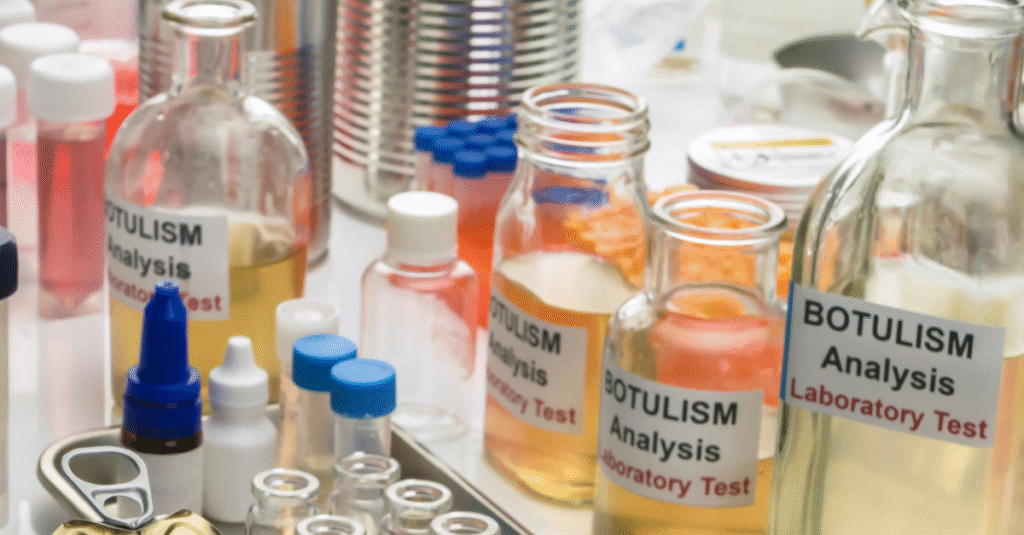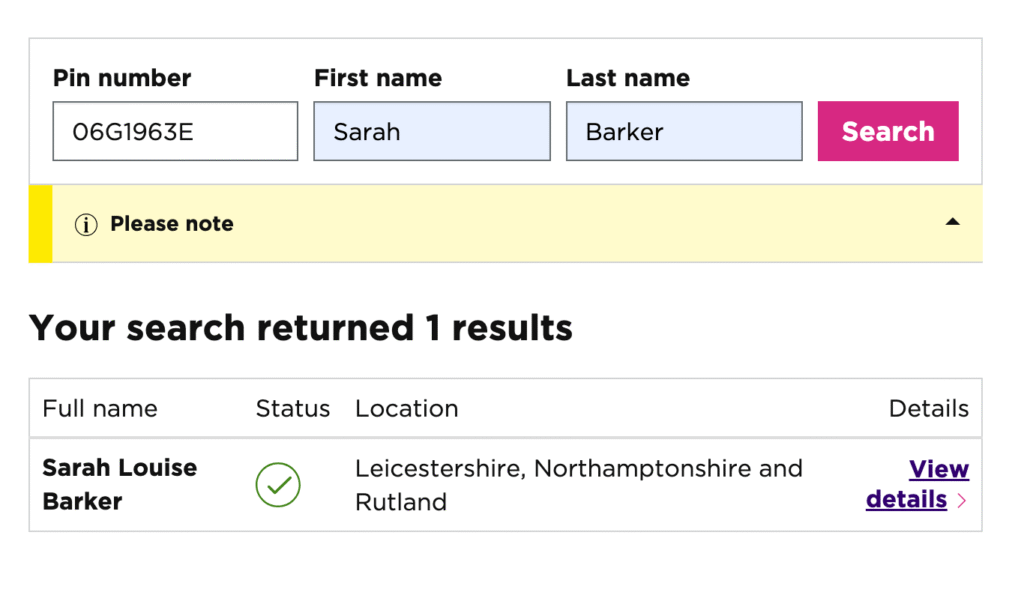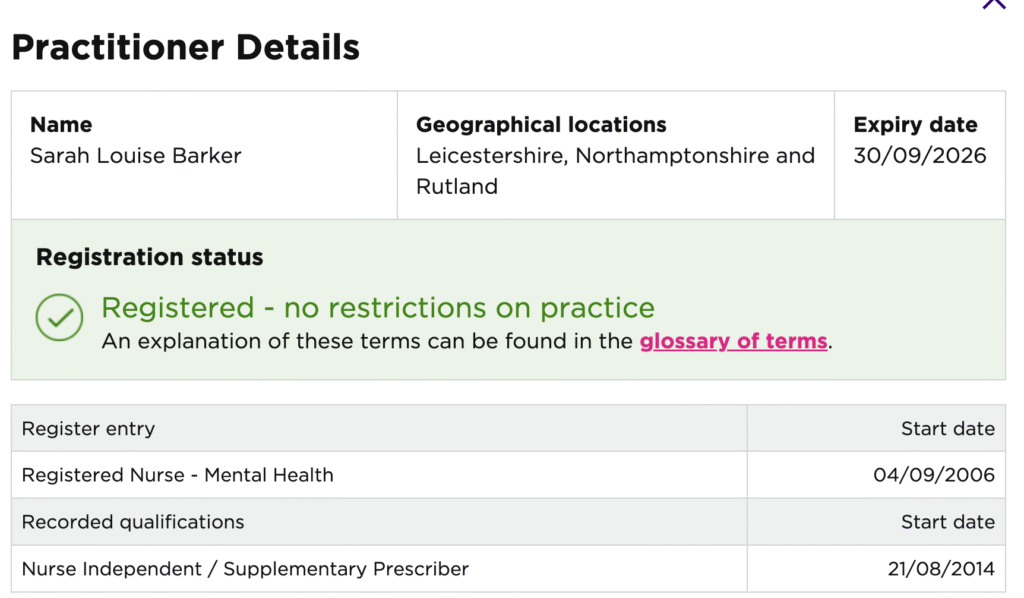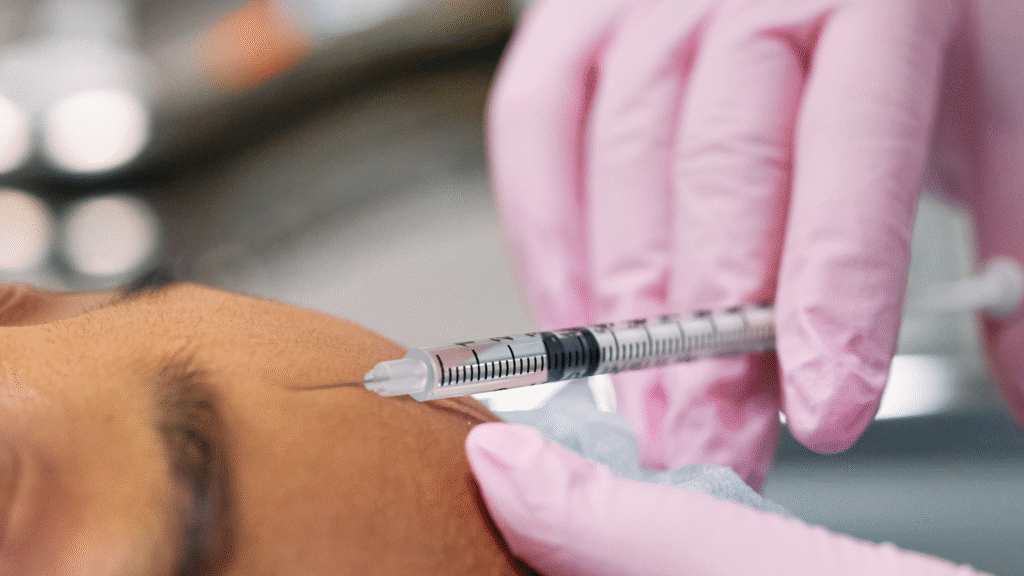You may have recently seen some, quite scary, reports on the news about more than 40 people being hospitalised following suspected use of unlicensed botulinum toxin products – more commonly known as Botox.
Between 4th June and 6th August 2025 (this year), there have been 41 confirmed cases across the UK of botulism or iatrogenic botulism – a rare but potentially life-threatening condition causing paralysis. – were reported across several regions in England according to UK GOV.
The outbreak has revealed serious breaches in safety and regulation within the UK Aesthetics industry.
How did this happen?
Despite clear MHRA regulations that Botox is a prescription-only medicine (POM), which should be administered by a Medical Practitioner, multiple reports show that thousands of illegal injections are still being performed in unregulated settings.
Customers are often quite easily lured in by adverts on social media with low prices, promising quick results. However, as I have said time and time again, low pricing in Aesthetics is often a red flag.
The number of complaints about beauticians, who are not medically trained, are not registered prescribers performing injectable treatments doubled in 2019 to 2023. In some cases, these ‘practitioners’ have provided injections after only a day’s training – leading to other very serious complications and facial disfigurement.
The Investigation into the incidence this summer found evidence that some practitioners were also obtaining and using unlicensed or fake botulinum toxin, often imported from overseas or purchased online, that lack proper labelling and quality controls. The products are also often offered illegally and injections are given in unsafe, unclean and unregulated settings.
Some patients paid as little as £100 for treatments, or were even told they had won a prize. The consequences have been devastating.
What is Botulism?

A purified form of Botulism is the active ingredient in Botox and similar products that are often used for cosmetic purposes, including to reduce the appearance of wrinkles.
Botulism is caused by toxins produced by Clostridium botulinum bacteria that attack the nervous system.
Although it is very rare, botulism can be life-threatening. Treatment often includes the use of anti-toxins as well as interventions to support the body.
Symptoms may take up to four weeks to appear,
These cases have been linked to illegal anti-wrinkle injections administered by unlicensed, non-medically trained individuals.
Victims have suffered:
- Facial paralysis
- Severe fatigue
- Drooping eyelids
- Difficulty speaking or swallowing
- Even breathing difficulties
These symptoms require urgent medical attention.
Medical Aesthetic Regulation in the UK
The Medicines and Healthcare products Regulatory Agency Licences the following anti wrinkle treatment brands:
The Medicines and Healthcare products Regulatory Agency regulates medicines, medical devices and blood components for transfusion in the UK.
MHRA is an executive agency, sponsored by the Department of Health and Social Care. Responsible for:
- Inspecting facilities that manufacture and carry out safety tests on medicines to ensure they comply with Good Manufacturing Practice and Good Laboratory Practice standards.
- Approving UK-based clinical trials and inspect them to ensure they comply with Good Clinical Practice standards.
- Carrying out vital research to support the development of new biological medicines and vaccines
- Developing reference materials for biological medicines to ensure their quality can be assessed in a standard way
- Monitoring the safety of the medicine while on the market, for example by actively assessing Yellow Card reports submitted to us
- Reclassifying existing medicines (for example from a Prescription Only Medicine to Over The Counter), if there is evidence to safely support doing so
- Regulating the importation of licensed medicines to the UK from other EU countries.
- Carrying out inspections to ensure that medicines are developed, manufactured, distributed and monitored to internationally recognised standards.
- Helping set and enforce the legal advertising regulations for medicines in the UK
- Independent Quality testing of batches of biological medicines before they go onto the market to make sure that it is consistent with batches previously shown to be safe and effective
Aesthetics and Cosmetic Injectable treatments are still unregulated
So although the medicine is regulated the actual person injecting IS NOT!
Unfortunately cosmetic injectable treatments can be offered by anyone, including those who could inject illegal and potentially lethal substances into patients, including rat poison.
If you are considering having a cosmetic procedure, please make sure to check that your practitioner is using a licensed product.
Any injectable procedure goes wrong, there is a risk of serious infections and permanent scarring, which is why only registered professionals like a doctor or nurse prescriber should be prescribing these treatments.
However, even some medical prescribers bypass legal safeguards by issuing prescriptions remotely or based on minimal screening, ignoring the standards expected by regulatory bodies.
- Use of fake, counterfeit “Botox-type” products
- Injections performed in non-medical settings
- Unlicensed and untrained individuals offering treatments
- A complete lack of regulatory oversight or safety protocols
How to Stay Safe When Considering Aesthetic Treatments
Your safety should never be compromised in the pursuit of cosmetic enhancement. Here’s how to protect yourself:
✅ Only visit Medically Trained Prescribers, you can check their credentials anyone can say they are a Doctor or Nurse, but they should be able to be searched on the General Medical Council (GMC) or Nursing and Midwifery Council (NMC) I am a Registered Nurse Prescribe.


✅ Not only should your practitioner be registered above also make sure the person administering the injection is appropriately trained in aesthetics, just because a surgeon can put in a new knee, doesn’t mean he automatically knows where to inject the glabellar complex (treat frown lines)
✅ Ensure they have adequate Medical Indemnity Insurance
✅ Before Anti wrinkle treatments a face to face consultation and assessment should be carried out allowing you to have time to change your mind. To be prescribed the practitioner should be asking for your full name, date of birth and address.
✅ Always ask which product is being used and the practitioner should be able to give you detail of this including a batch number.
✅ Avoid suspiciously cheap or home-based deals – even 1 area of botox should be at least £150 if it is a genuine MHRA licensed Product
✅ Seek emergency medical care if symptoms appear if you have a Medical Practitioner you can seek guidance directly from the person who administers.
This outbreak serves as a harsh reminder that not all practitioners are created equal, not all deals and low prices are worth the risk. Botulism may be rare, but it’s severely life‑threatening, and entirely preventable.



